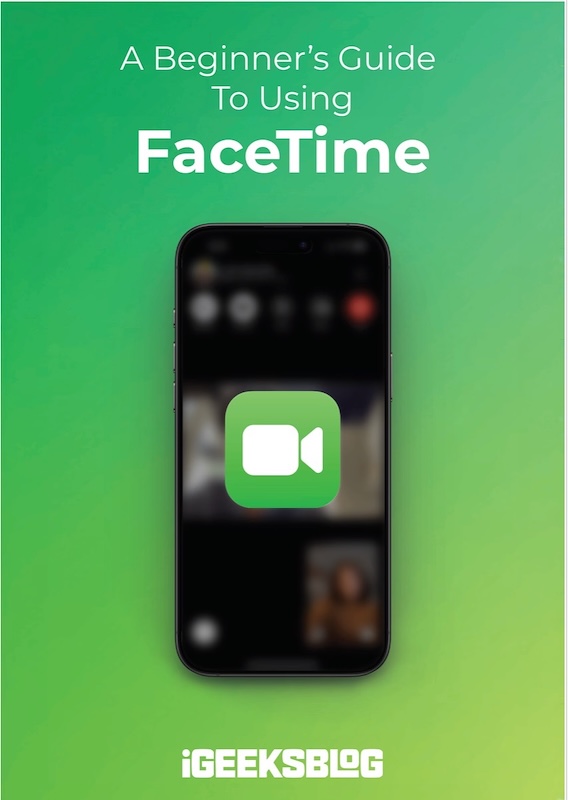
FaceTime Like a Pro
Get our exclusive Ultimate FaceTime Guide 📚 — absolutely FREE when you sign up for our newsletter below.

FaceTime Like a Pro
Get our exclusive Ultimate FaceTime Guide 📚 — absolutely FREE when you sign up for our newsletter below.
Apple has filed a fresh appeal in its App Store fight with Epic Games, challenging a ruling that allows free external links in apps. Here’s what it means.
Apple has pushed back against a new court order that reshaped its App Store rules, calling the changes unconstitutional and an overreach. The company filed a fresh appeal with the Ninth Circuit Court of Appeals, arguing that it should not be forced to allow free external links for app purchases without any control or compensation.
The Apple vs. Epic Games fight started in 2021, when a judge ordered Apple to let developers add in-app links that direct users to third‑party payment options. Apple delayed those changes until 2024 and, once implemented, added a 12% to 27% commission on purchases made through those links.
Epic argued that Apple’s move violated the “spirit” of the original order. In April 2025, Judge Yvonne Gonzalez Rogers agreed, saying Apple acted in willful violation. The court expanded the injunction, requiring Apple to allow link‑outs with zero fees and no control over link design, a major win for Epic and other developers.
In its latest filing, Apple says the April injunction goes too far. The company argues it complied with the original order and that the court improperly rewrote the rules instead of enforcing them. Apple makes several key points:
If Apple’s appeal succeeds, it could reintroduce commissions on external links, reshaping how developers approach in‑app purchases. If it fails, the ruling could permanently weaken Apple’s control over its App Store ecosystem. Beyond this case, the outcome may set the tone for how much power tech giants can hold over digital marketplaces in the future.
For now, Apple remains bound by the current rules: all developers in the U.S. can add external links without restrictions and without paying fees. But the next ruling from the Ninth Circuit could change that balance once again.